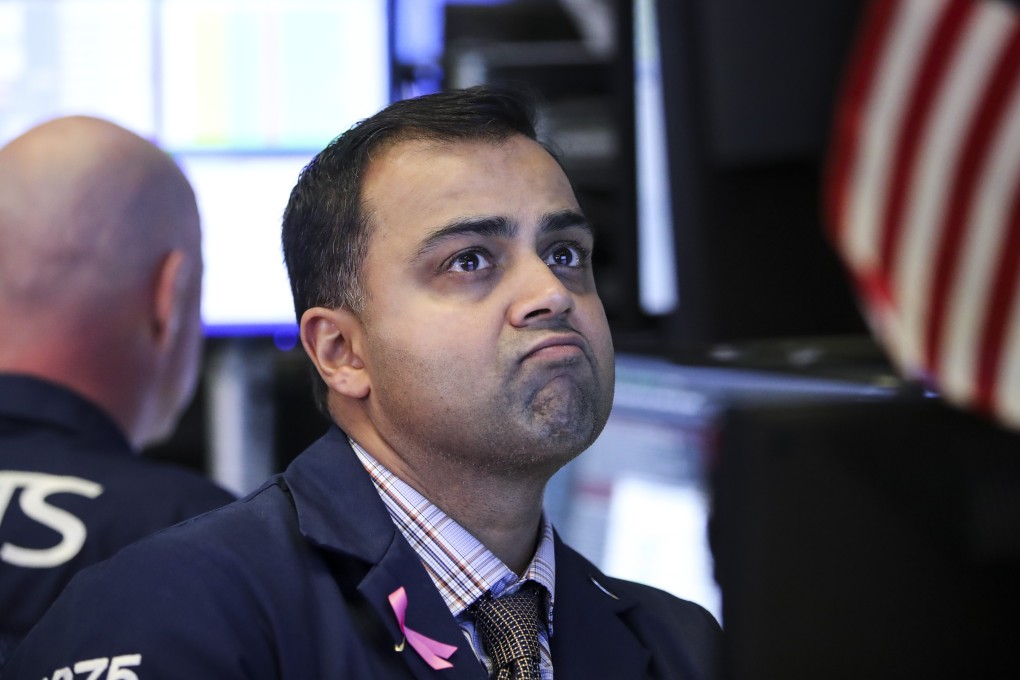Advertisement
Macroscope | Recessions never happen when they’re expected, so investors should hold their nerve
- Nicholas Spiro says fears of a recession are mounting in the media and among investors, and such worries could be self-fulfilling if they ignore the data that is more encouraging
Reading Time:3 minutes
Why you can trust SCMP

Another week, another batch of bleak data fuelling fears in financial markets that the global economy is likely to slip into recession sometime next year.
On Tuesday, Germany’s Federal Statistics Office announced that industrial production in Europe’s largest economy contracted in November by 4.7 per cent year-on-year, the sharpest fall since 2009 and the latest in a string of weak data that has increased the risk Germany suffered a technical recession – two straight quarters of negative output – in the second-half of 2018.
Other leading economies in Europe are also slowing. Italy is on the verge of a recession while France suffered its first fall in economic output in 2½ years last month due to weeks of disruption caused by the “yellow vests” protests about falling living standards. In China, the epicentre of the global growth scare, manufacturing activity is contracting, car sales have declined for six consecutive months and industrial profits are falling for the first time in three years.
Advertisement
However, markets are most concerned about the US economy, which is enjoying its second-longest expansion on record. A gauge of manufacturing activity last month fell at its fastest pace since 2008, suggesting that the trade war and the diminishing tailwind of President Donald Trump’s tax cuts are starting to take their toll. The slowdown is most evident in corporate America, with a slew of high-profile companies, including Apple and Delta Air Lines, cutting their revenue forecasts due to pressures on profit margins.
According to data from Bloomberg, the R-word has become much more prevalent in news articles. By the end of last year, occurrences of the word “recession” in stories on the Bloomberg terminal had reached their highest level since the start of 2017.
Investors have begun to panic, as evidenced by the dramatic sell-off in stocks and corporate bonds in the final quarter of last year. According to a report by JPMorgan published last Friday, when markets reopened following the Christmas holidays, the benchmark S&P 500 index was pricing in a 60 per cent probability of a US recession within the next year. The pessimism, JPMorgan notes, has become extreme.
Advertisement
Advertisement
Select Voice
Select Speed
1.00x
